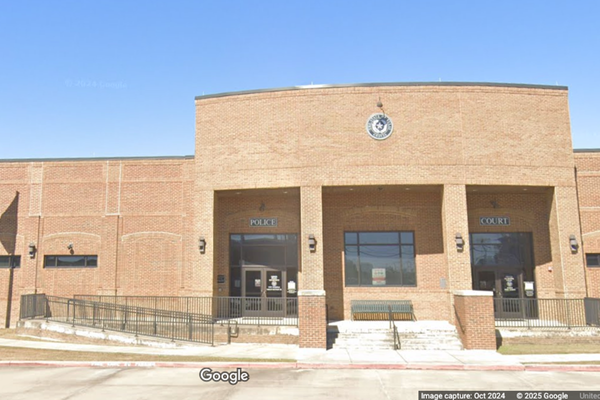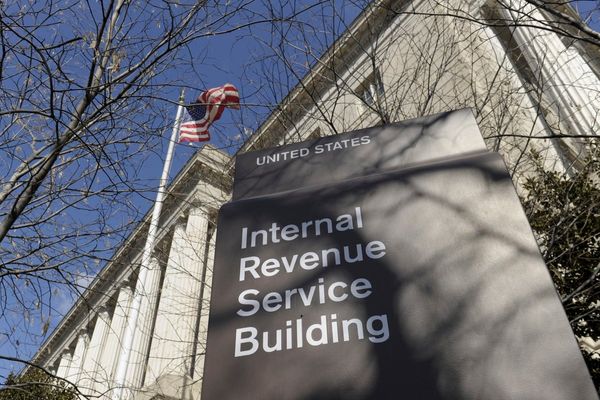
Although it would be hard to reach this conclusion from reading any of the thousands of articles of negative copy the couple have generated, when Prince Harry fell in love with Meghan Markle, the royal family – and Britain more broadly – was gifted manna from soft-power heaven.
As well as her vast, obvious qualities (often demanded by such roles), Meghan also brought something less obvious: Blackness – a quality that could not have been more historically potent, given the circumstances.
Suddenly the royal family, the silk glove to the brutal iron fist of the British empire, the human embodiment of British history and tradition, had gone from white and medieval to modern and multicultural.
It became more reflective of modern Britain than practically any establishment institution you could name. At the time of the couple’s engagement, no Black or Brown person had ever held a great office of state in the UK. In fact, to this very day, thanks to Meghan, Britain has had more Black princesses than the BBC has ever had Black controllers.
“And we all lived happily ever after” is how stories like this are meant to end. Yet the first volume of their Netflix documentary, Harry & Meghan, revealed a very different conclusion (or continuation) to the modern fairytale.
To many Black viewers, the key revelation was that Meghan’s Blackness (perhaps coupled with her class) was so subtle that her own mother, the heart-melting Doria Ragland, didn’t consider it a necessity to arm her with the racial survival kit (ie “the talk”).
Subtle as it may have been, Meghan’s Blackness was apparently still too much for Britain. A woman who was light-skinned enough to successfully “pass” through her first 37 years of life in the land of the one-drop rule, fell in love with a prince from the land of “We’re nowhere near as racist as the Americans”, and you could have been forgiven for thinking Meghan was a member of a gangsta rap group. To counter this perception in the documentary, they went as far as showing that Meghan did not grow up on the set of Menace II Society.
Long before a nanosecond of the documentary had been seen by anyone, and therefore long before it could name its Goliath, much of Britain’s media had agreed that Harry & Meghan was a poisonous, “one-sided” freak show intent on tearing down the royal family. Plot twist: it turned out that much of the British media was the actual Goliath, and the royal family was what Harry was trying to protect and liberate.

Throughout the programme, Harry’s pain, fury and disgust at the treatment of his family by some wings of the British media was evident for all to see. In the initial instalment, Harry, Meghan and archive footage of Princess Diana illustrated the vivid technical details of persistent press intrusion from cradle to casket. Yet it fell to the historian Prof David Olusoga, a contributor to the documentary, to land the most important point in this regard: the British media, especially the tabloid media, is a white industry. Its interpretation of events, its sense of fair play, importance and what may or may not be appropriate or indeed racist, is all shaped by this undeniable fact.
The response to the documentary crystallised this. The Guardian columnist Afua Hirsch was widely condemned for labelling the Commonwealth of Nations “empire 2.0” in the documentary. Her sin was to “attack the Queen’s proudest legacy”.
The idea of “common wealth” would be a hard sell to any of the millions of Africans who are going to increasingly extreme lengths to flee the true legacy of colonialism – extreme poverty, low life expectancy and insecurity. But the white lens didn’t view Hirsch’s comments through the compassionate prism of the billions of Black and Brown victims of empire, but through the prism of what they decided would be the feelings of the Queen.
The white lens has played a major role in how Harry & Meghan, both the documentary and the living beings, are viewed. More broadly, it has played a major role in how Britain views itself, its place in the world and the people it has subjugated. Black Britons and other designated burden-bearers of historic great Britishness don’t have the privilege to relax and let the white lens do the heavy lifting of interpretation for us. As a result, as Britons of different ethnicities, we are often viewing the same events very differently. Yet what is considered the official record of events remains the property of the white lens.
Nevertheless, white mainstream Britain may not have known it, but Black people saw Meghan in some ways as a proxy for our own experiences. In the treatment she received, many saw a nation revealing its hand. And the new hand looked just like the old hand.
Whereas some will portray contributors to the documentary such as Olusoga, Hirsch and Kehinde Andrews as anti-British incendiary radicals, most Black people will see them as deradicalisers of a nation radicalised by the white lens.
From colonialism to slavery, given the central role Britain played in the cascading of racism around the world, Harry’s involvement in this love and anti-racism story, and the documenting of it, is really important. He should be commended. He is doing more to enlighten and enhance our society than he would have achieved by staying as a working member of the royal household. As opposed to scuppering an opportunity to make progress on race, for once we may actually have blundered into making good on the opportunity. If only the tabloids could see it.
Nels Abbey is a writer, broadcaster and former banker. He is the author of the satirical book Think Like a White Man
Do you have an opinion on the issues raised in this article? If you would like to submit a response of up to 300 words by email to be considered for publication in our letters section, please click here.







